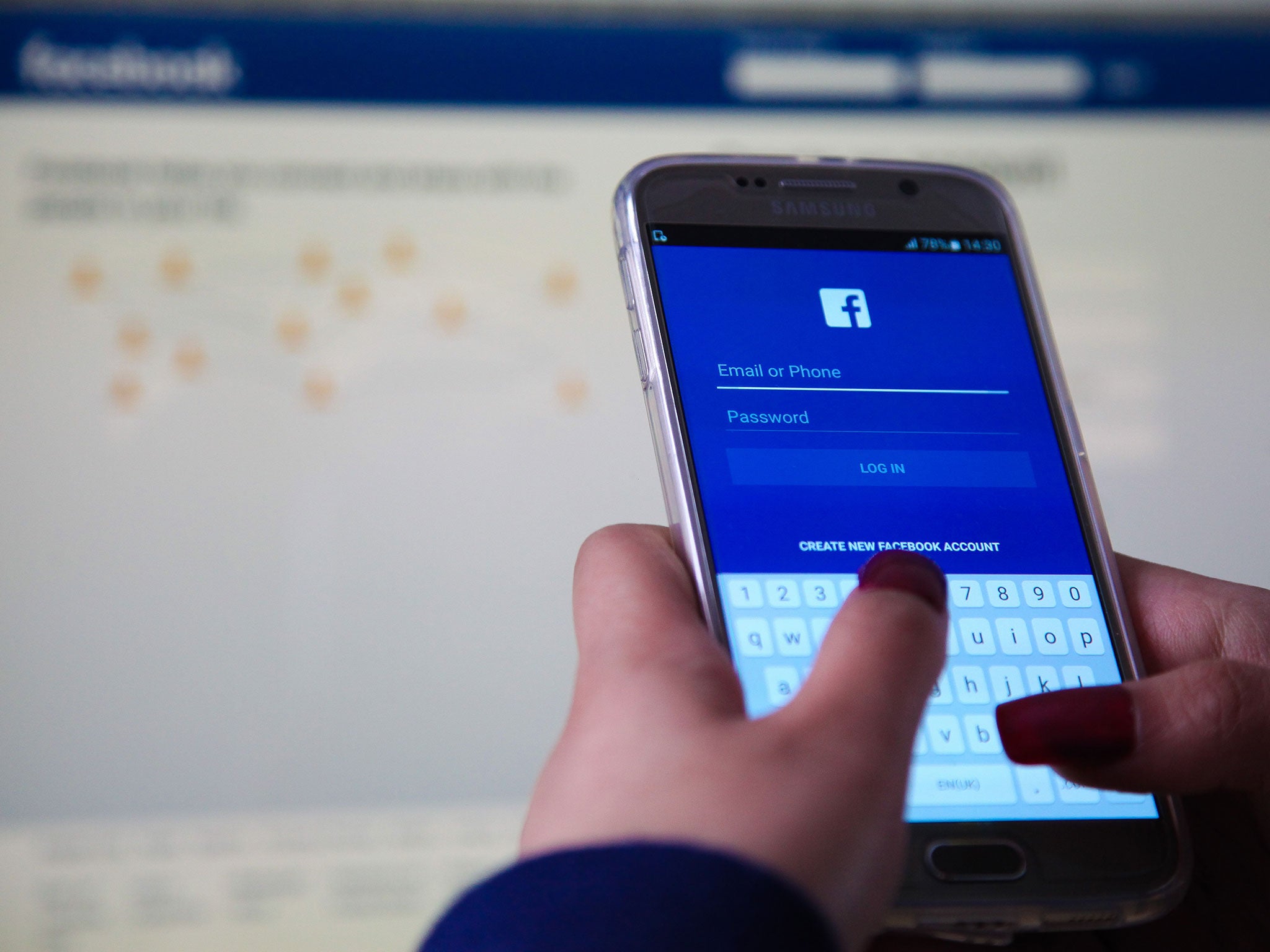Algeria bans Facebook and Twitter in an attempt to stop people cheating on exams
Many of the papers being circulated online were 'phony' and would give people the wrong impression, officials said

Your support helps us to tell the story
From reproductive rights to climate change to Big Tech, The Independent is on the ground when the story is developing. Whether it's investigating the financials of Elon Musk's pro-Trump PAC or producing our latest documentary, 'The A Word', which shines a light on the American women fighting for reproductive rights, we know how important it is to parse out the facts from the messaging.
At such a critical moment in US history, we need reporters on the ground. Your donation allows us to keep sending journalists to speak to both sides of the story.
The Independent is trusted by Americans across the entire political spectrum. And unlike many other quality news outlets, we choose not to lock Americans out of our reporting and analysis with paywalls. We believe quality journalism should be available to everyone, paid for by those who can afford it.
Your support makes all the difference.Algeria has blocked Facebook and other social networks in an attempt to stop people cheating in exams.
The country has taken the decision to cut off access to social networks after papers and exam questions were leaked online. The decision comes ahead of the beginning of retakes of some important exams after they were already leaked, and the government said that it had taken the decision so that people would no longer be able to share leaked papers.
Earlier this month, police arrested dozens of people in an attempt to find out how parts of high school exams had made it onto social media.
People are unable to access sites including Facebook and Twitter over both normal internet connections and 3G services.
In a statement Sunday, the Ministry of Post and Information and Communication Technology said that the "cut of social networks has a direct relationship with the matriculation exams" which begin Sunday. It said that it had made the move to protect students from “phony topics” that were being circulated online.
Officials said that it had taken the decisions because the papers being circulated were false and so would give students the wrong impression.
No other parts of the internet have been affected, meaning that people are still able to communicate – and potentially cheat – in private.
Join our commenting forum
Join thought-provoking conversations, follow other Independent readers and see their replies
Comments